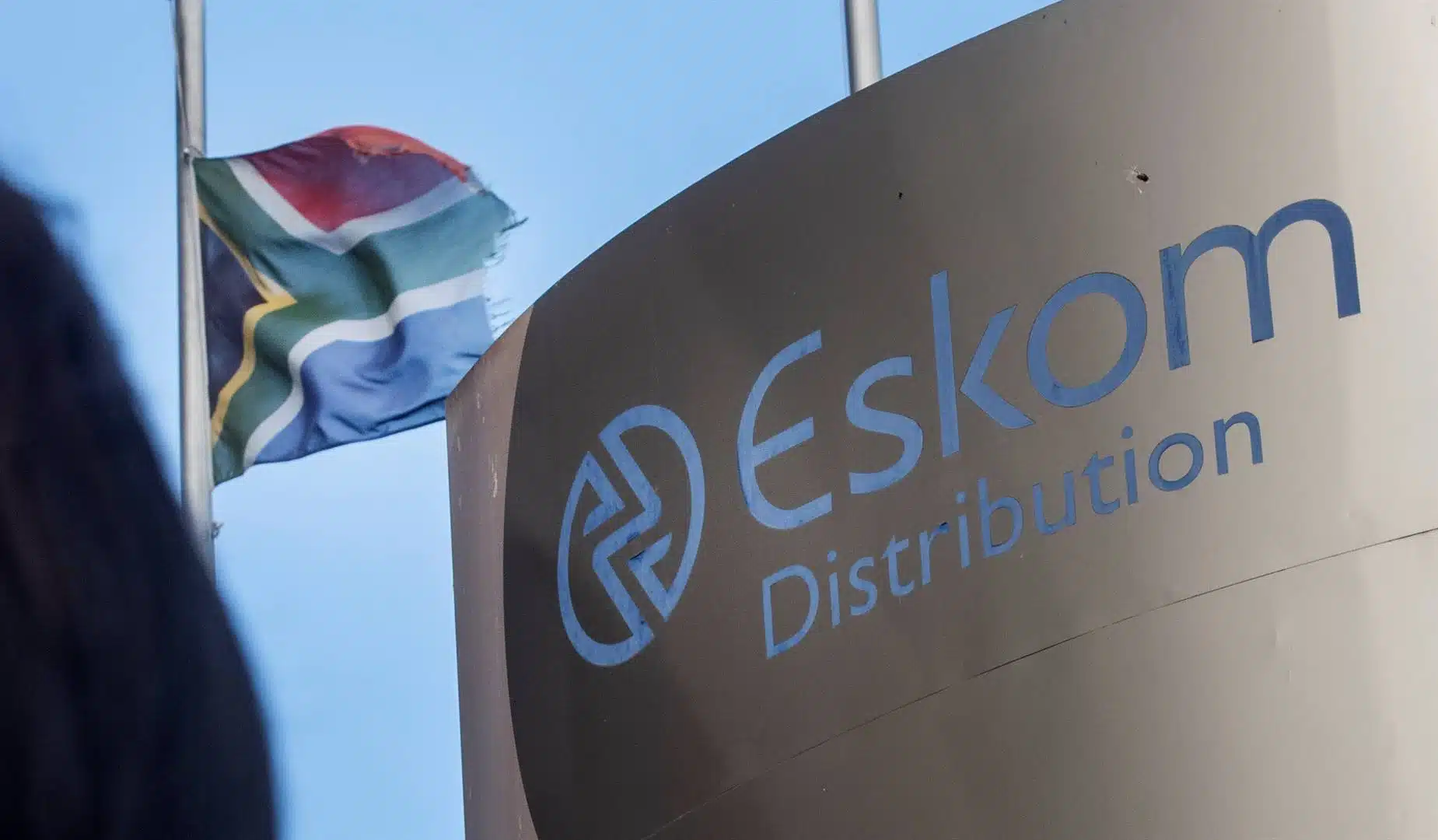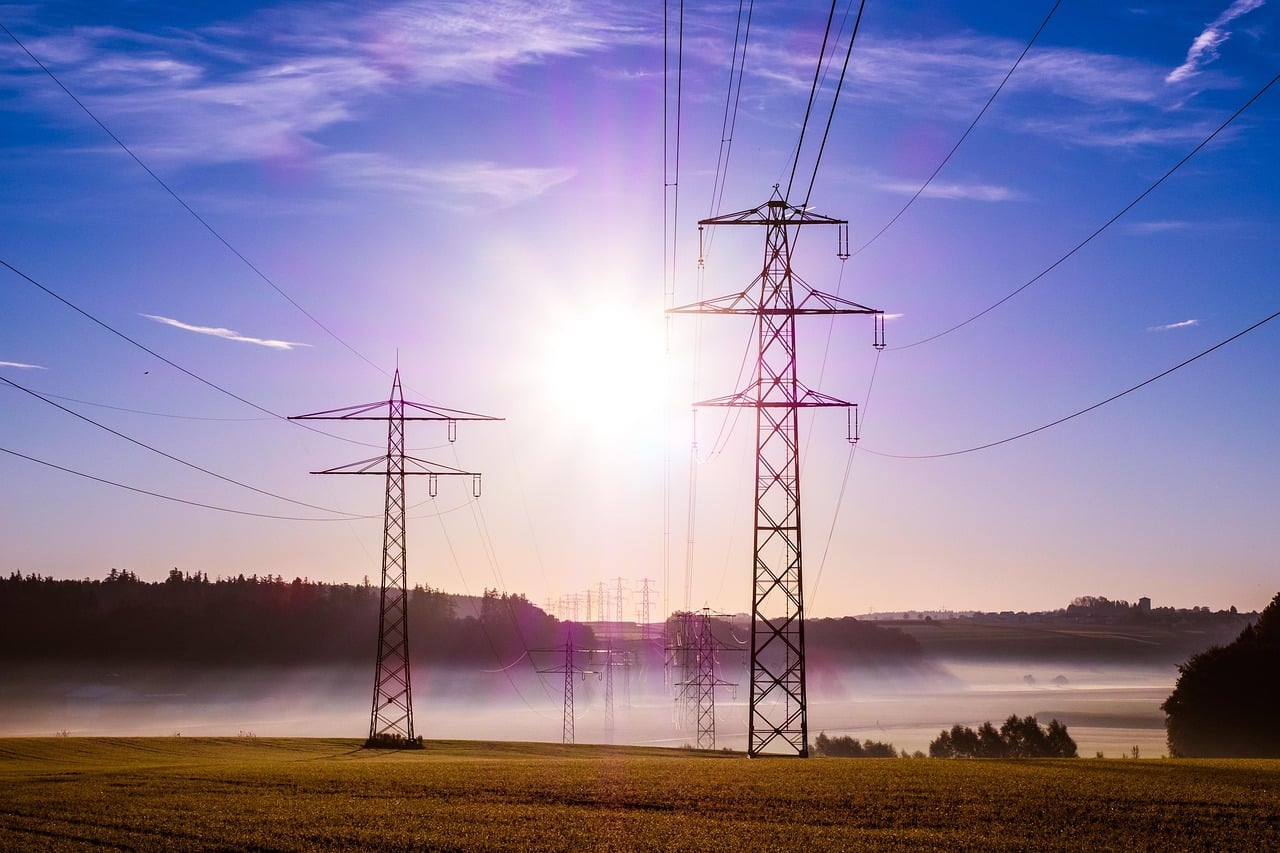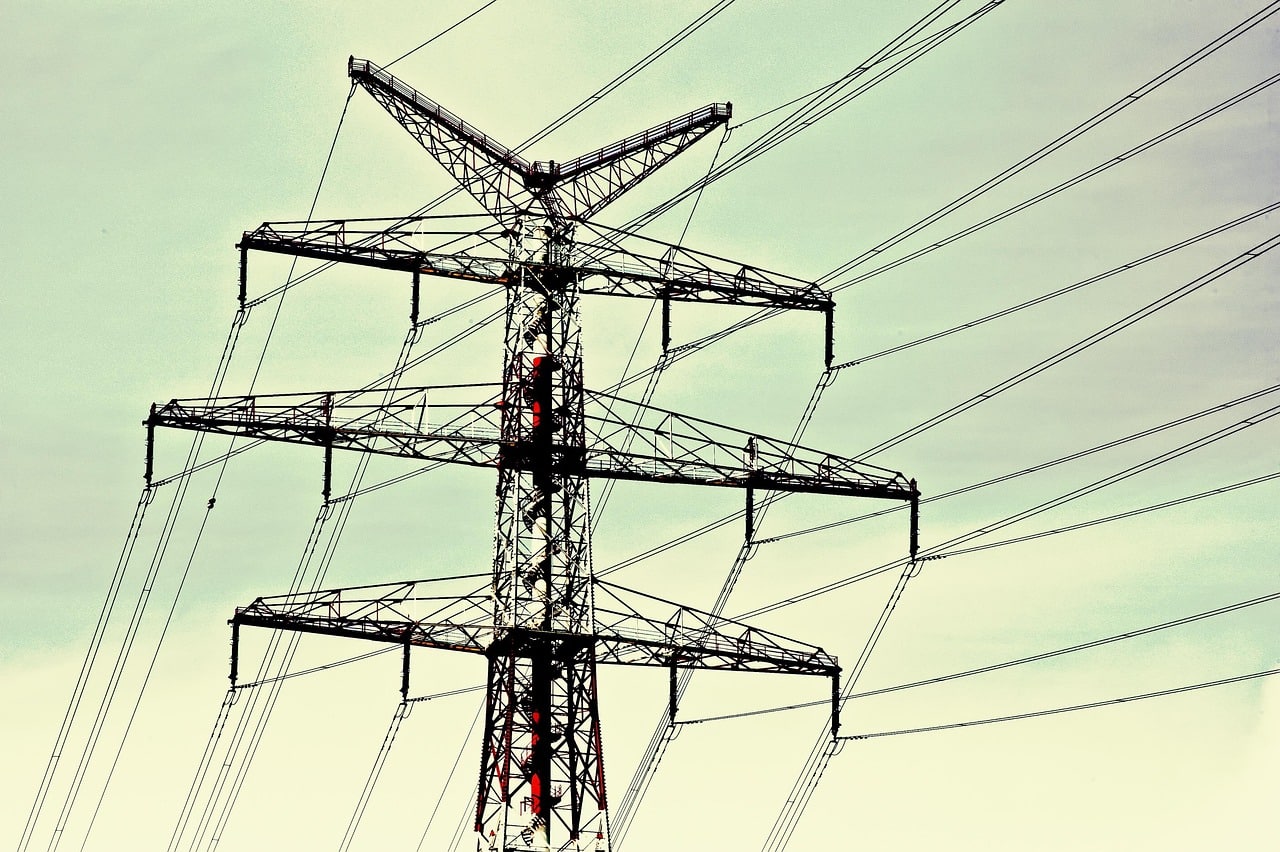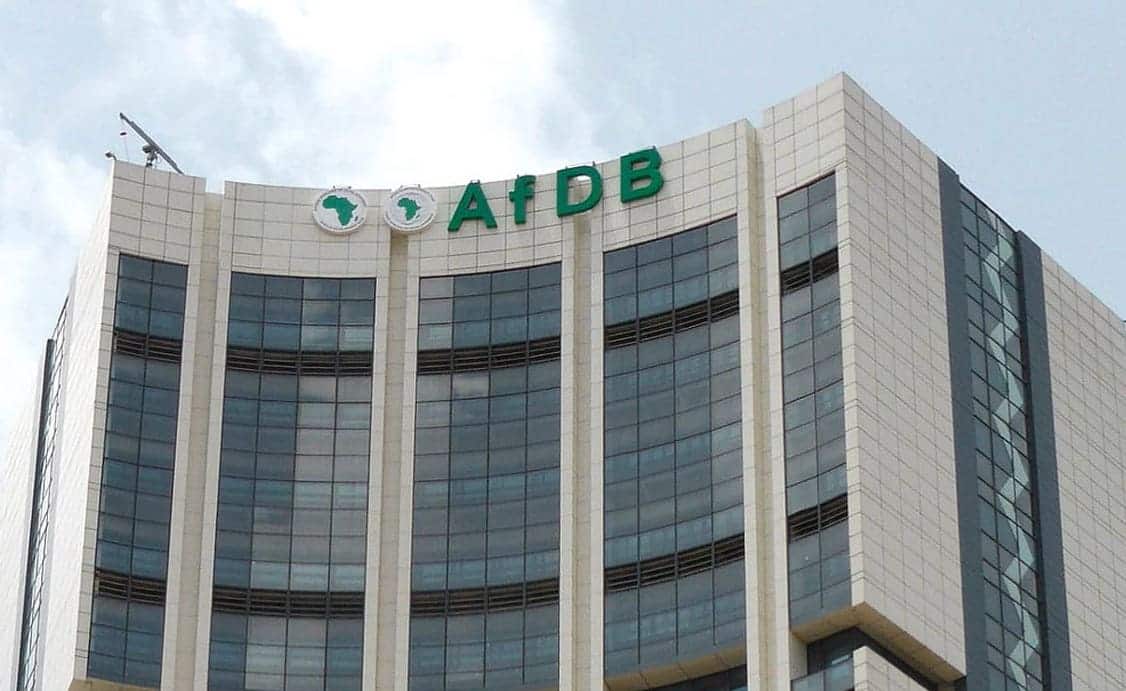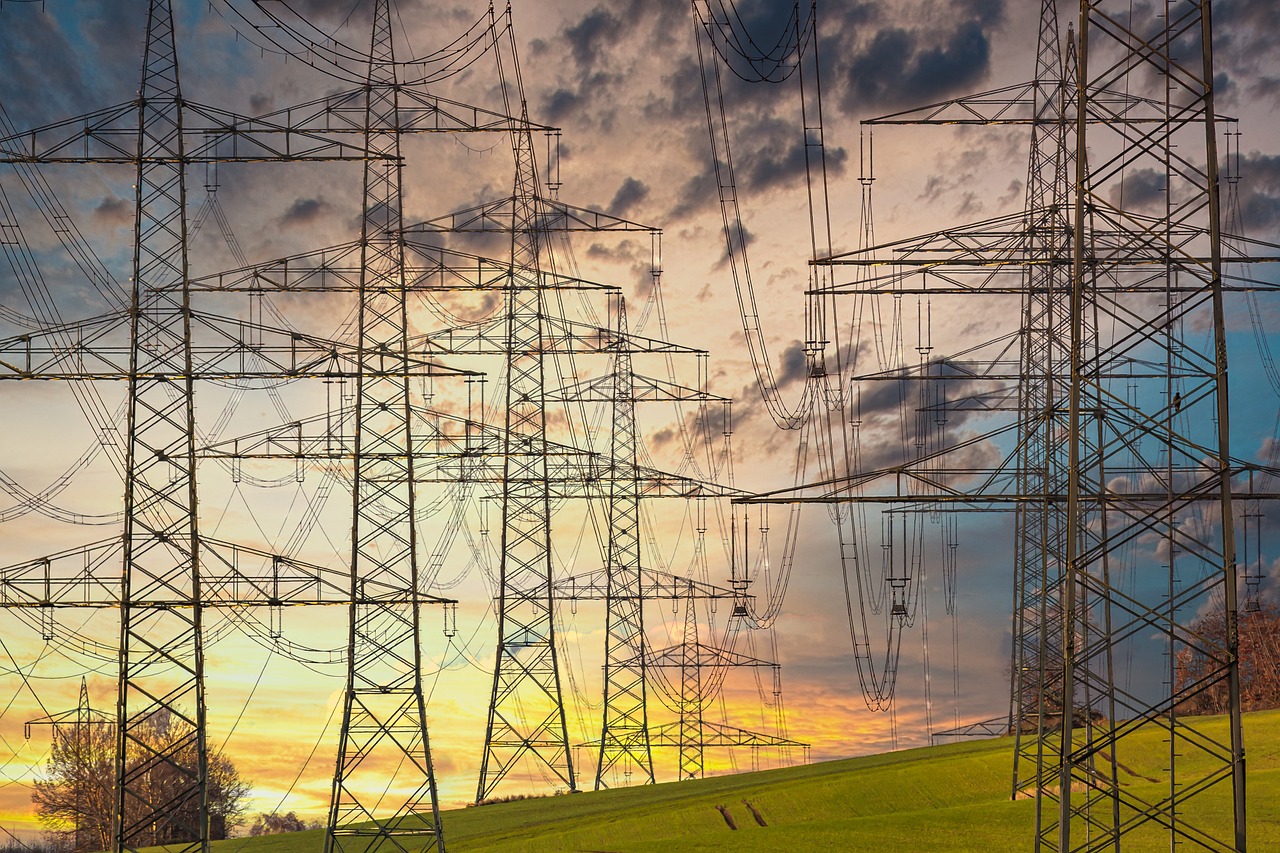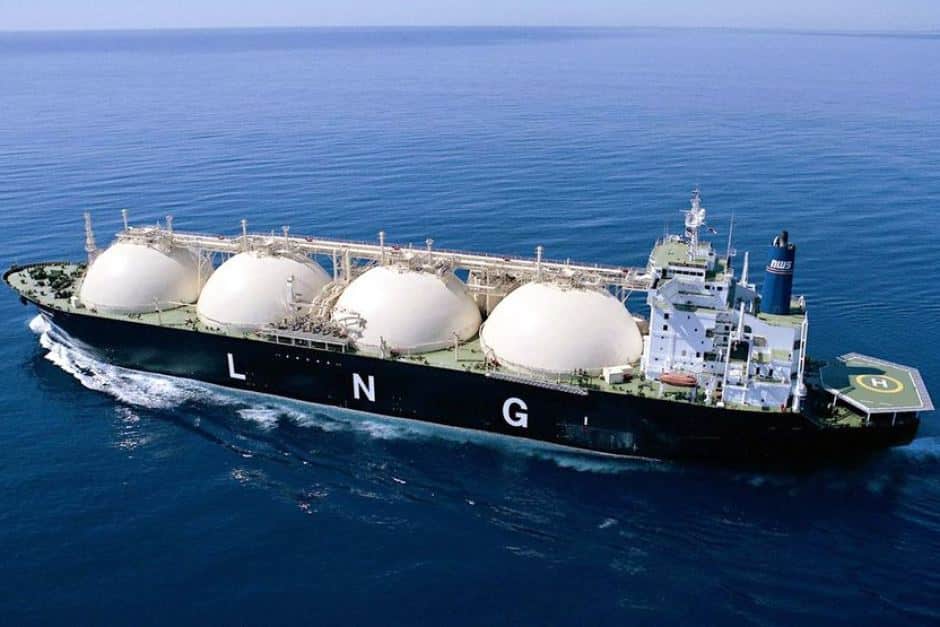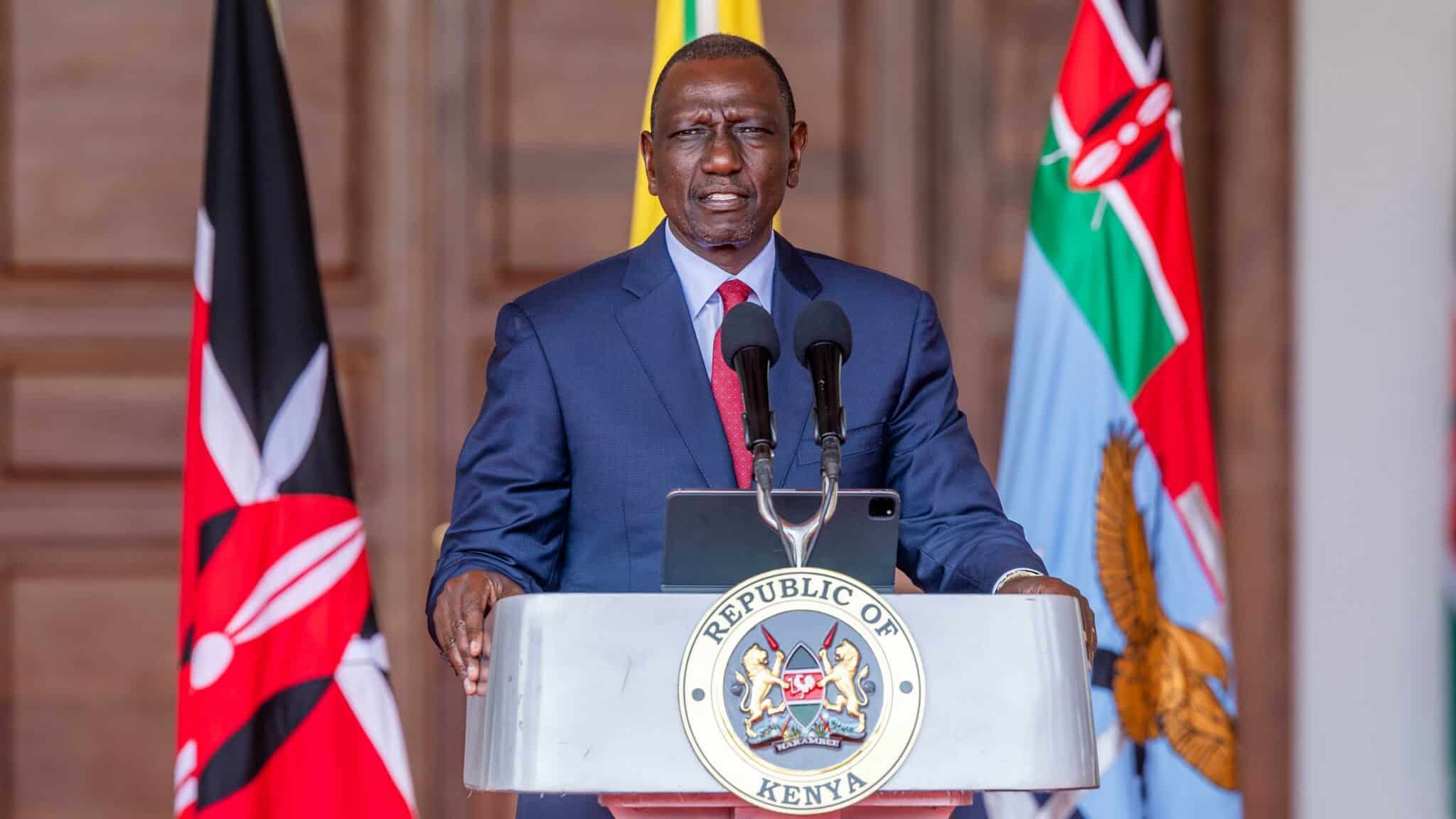Embattled South African state-owned utility, Eskom, faces renewed scrutiny over its financial viability following a new audit by the auditor-general’s office.
The nation’s auditor- general said on Wednesday that the company’s financial survival is at risk according to a report by Bloomberg.
Although Eskom Holdings has gone 300 days without implementing power cuts that has plagued South Africa’s economy for years, it has significant underlying issues that need to be addressed.
The Auditor- General, in a presentation to South African lawmakers said issues like cutting costs to collecting debt owed by municipalities have to be addressed by Eskom to enable it to have financial security.
“Eskom achieved less than 43% of its financial performance goals in the fiscal year through March 2024, including saving less than half of its target of 22.4 billion rand ($1.2 billion)”, the auditor-general said.
The Auditor- General further said the current and historical audits found that Eskom does not have appropriate systems, processes and controls to quantify irregular expenditure, fruitless and wasteful expenditure, as well as losses due to criminal conduct.
This comes despite the company’s projected profits in 2025 where Eskom forecasts a post-tax profit exceeding 10 billion rand ($546 million).
While the country’s top auditor said that the company remains a pressing concern, this is purely dependent on continued government debt support and the utility’s ability to resolve its most pressing financial crisis which is municipal debt.
Municipal debt to Eskom that has topped 95 billion rand ($5.2 billion) remains one of the biggest viability risks confronting the utility’s after debt-service costs, said the auditor-general, who criticized the response to its previous findings.
Meanwhile, The National Energy Regulator of South Africa (NERSA) will announce its decision on tariffs Eskom can charge for the 2025/2026, 2026/2027 and 2027/2028 financial years on January 30, 2025.
Solutions to its revenue problem
Moreover, the Auditor- General provided possible solutions for Eskom Holdings’ saying the company’s prerogative to increase revenue rests on its ability to effect operational efficiencies and the electricity regulator’s determination on how much it can raise electricity costs.
However, higher prices that are considered cost reflective could spur demand for illegal electricity connections and vouchers, further plaguing a power sector already susceptible to power cuts as a result of its aging coal-fired power plants.
It is also unclear if Eskom Holdings will implement these suggestions.
“The audit outcomes showed that there is very little progress in implementing recommendations made by auditors over the years to address the underlying root causes”, the Auditor- General said.

